The Concept Of Justice
The greatest question of "What is justice?" Answered by some of the greatest minds on Earth.
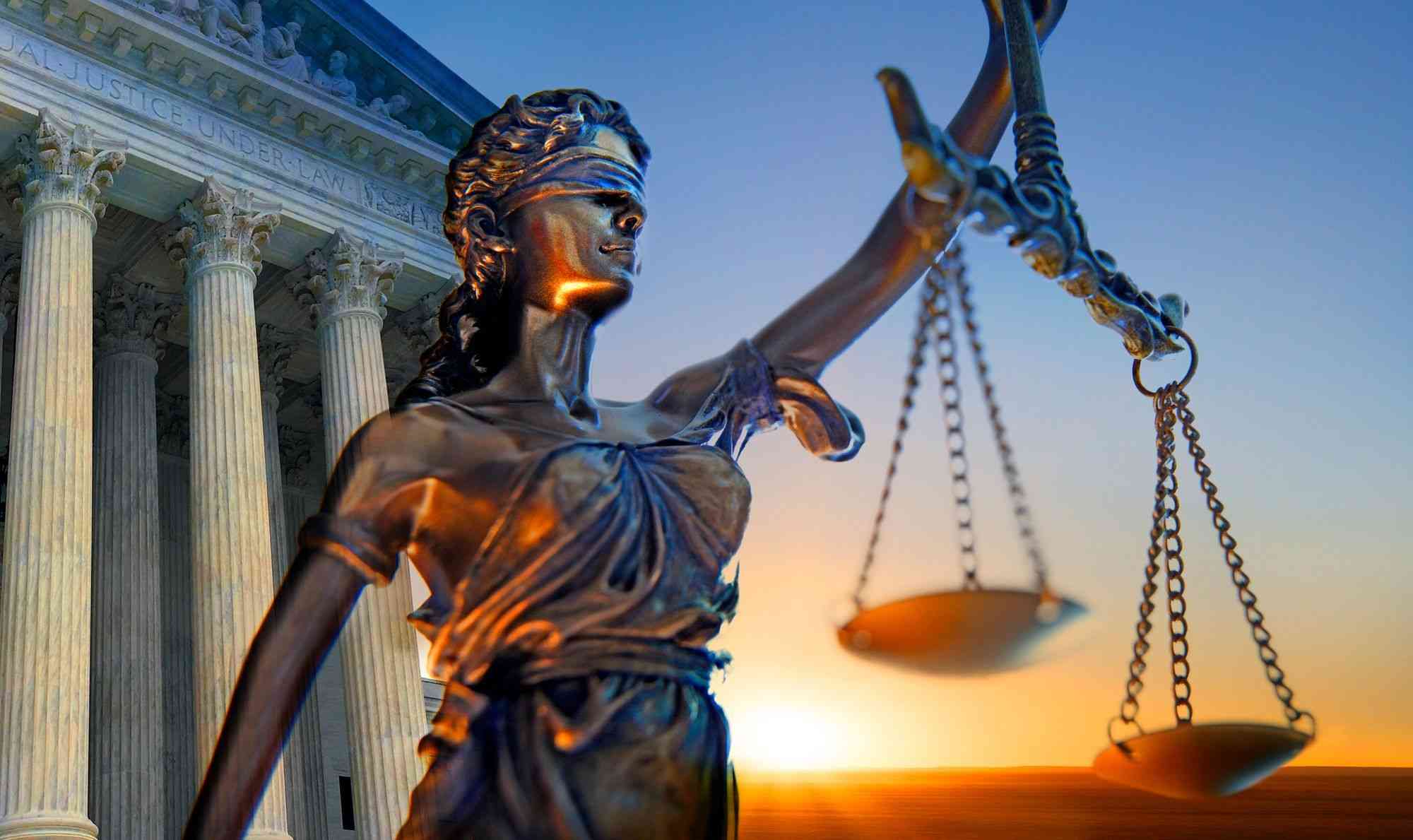
The oldest question for every person and precisely everyone interested in politics is " What is Justice"?
The most basic definition of justice says that justice put moral rightness into an action. in general, a definition of justice also includes the idea that wrong actions must be compensated in a way or another. Some say that justice is only related to particular institutions or situations.
A discussion about justice will always include a big variety of ideas and opinions. As in Socrates refutation of Thrasymachus’s assertion in his book “The Republic” that states that justice is the interest of the stronger for John Rawls’s discussion for justice looked at as fairness. There have been a large number of arguments about the nature of justice.
In the United States, The base idea of justice is in continuous debate, and more than many factors influence how those debates are shaped. In its normal basic shape, the concept of justice is putting balance between punishing wrong actions and rewarding good/correct actions.
Of the most ancient identifications of correct/incorrect actions of democracy are to be found in Hammurabi’s Obelisk, Hammurabi is the ruler of Babylon 1795-1750 B.C. And can also be found in the Ten Commandments, and as well in subsequent books of the Hebrew Bible. In these two codes, the basis of justice is meant to identify how the correct actions look like on a side and the type of punishments for breaking the law on the other side, in order to put things into order. Therefore, the Justice concept that lies behind “an eye for an eye” is that if someone gets harmed by another, a balance must be made by causing harm to the one first caused harm. Not all justice-based concepts suggest that “an eye for an eye” is the end of justice. In “Plato’s Republic” is a Socratic dialogue authored by Plato. Thrasymachus (A character) stressed that justice is mainly the interest of the stronger side.

Socrates idea is that justice is based on the high moral and cleverness of a character. And good deeds are in accordance with a person place in life. But anyways, for Thrasymachus, Justice is defined as whatever is said by those who have (in) power. For Socrates on the other hand, Justice is bonded to knowing what is right and acting in order to do it.
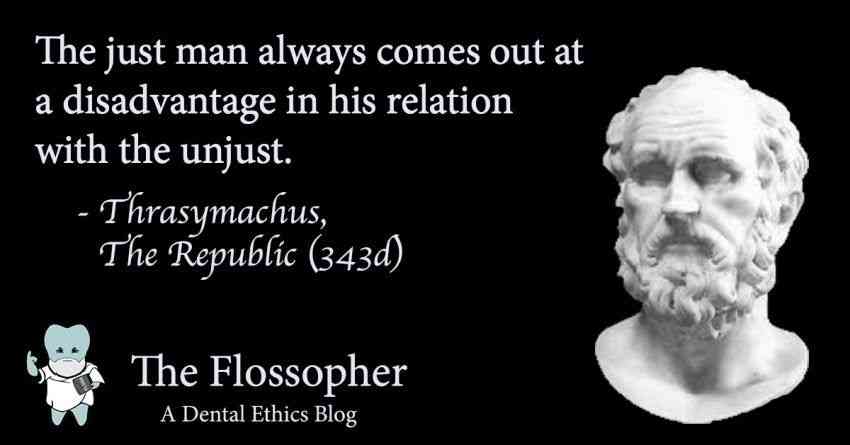
Thomas Hobbes (1588–1679)
an English philosopher, argues that justice is a pure matter of social convention. In nature, or it exists in the absence of any law entity, there is no morals, no law, and no justice. In a huge real sense, without a government, all people have a right to all things and there are no wrong actions. The only things that limit a person’s justice are his or her will and strength. In order to understand this condition, which is brutish and nasty, according to Hobbes, we join a government and hand all our rights to a sovereign. The sovereign or monarch, which holds absolute power, in Hobbes’s political theory, creates and commands a system of justice that will suit the needs of that particular same community. Justice has nothing to do with good and bad deeds nor with morality that exists in different ways.
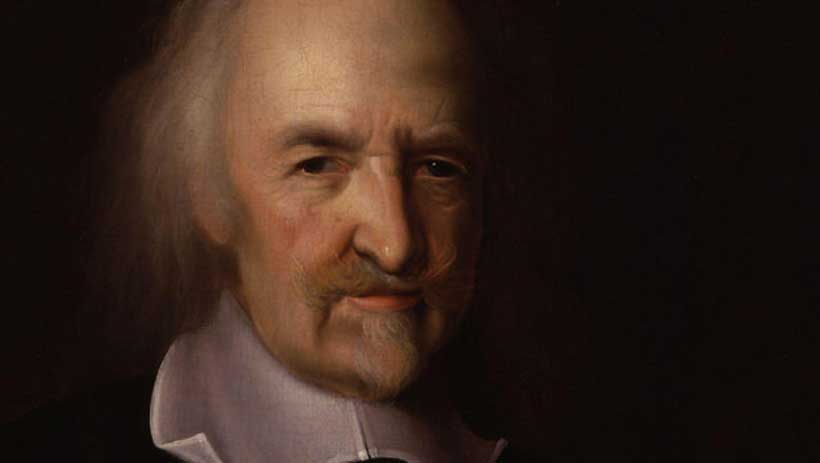
John Locke (1632–1704)
Argues that Justice providing is the duty of government. And it is as simple as making a law that all has to go by it. And governments are made to raise civilizations and to protect rights. In Locke’s logic, a government is no longer a government if it does not protect individual rights. In short, the goal of government is to improve the lives of the people it governs. If it can’t do that, then it is an unjust one that should be dismissed. As for justice in the Lockean state, the punishment that a person gets must be equal to the crime committed. One of the most important things got the state has to do is to create an impartial system of judges which will assure all that there will be a fair judgment.
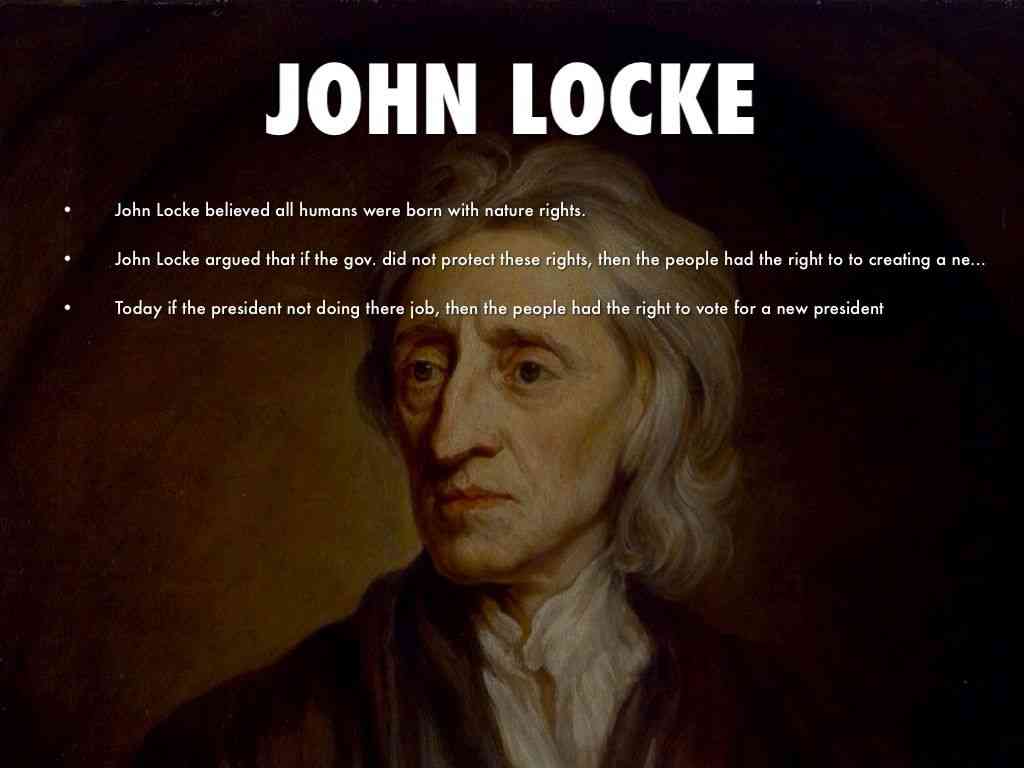
Karl Marx (1818–1883)
The German philosopher suggests that a person cannot be accountable for justice and the means of individual actions on themselves for instance when looking at whether we figure that justice is uninterested of a government that executes punishments that are right for the individual crime against other individuals. Marx suggests that someone cannot understand only individuals while looking but the meaning of justice 4 marks we have to look at the community as a full unit to understand the meaning of justice. to Marx define justice as the result of being free of not justified conditions which state the uneven lines between different classes of people.
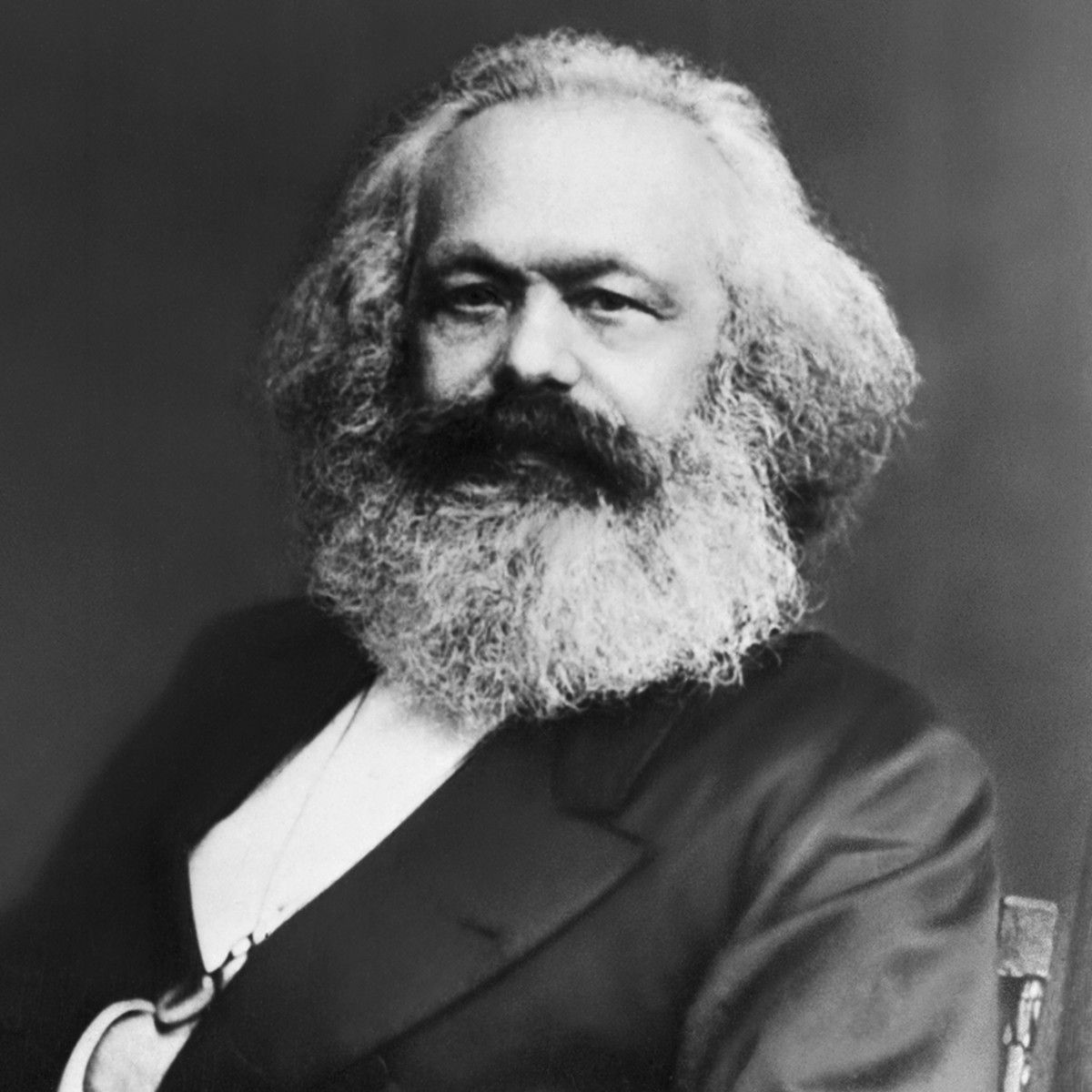
John Rawls (1921–2002)
An American liberal political philosopher, suggests in his work "A Theory of Justice" that we need to reconsider what is justice with our rational thinking as thinkers. Rawls wanted people to think of what kind of social arrangements would make a just state? He asks that we imagine putting ourselves in a state prior to society, a state where rewards are distributed equally. where we don't know what our position in life is, our gender, race, or talents which will all form a society. in all this ignorance Rawls thinks all of us will be required at least a minimum kind of justice for that society we forming, He states that our rational thinking will want a certain number of rights to be protected and a certain amount of principles to be distributed with fairness, those principles which include liberty opportunity and wealth according to rules should be distributed on equal only is a distribution favors the least benefited from these principles, with the notice in Rawl's opinion liberty is the most needed principle over all others once at least a minimum level of wealth has been distributed for all citizens.
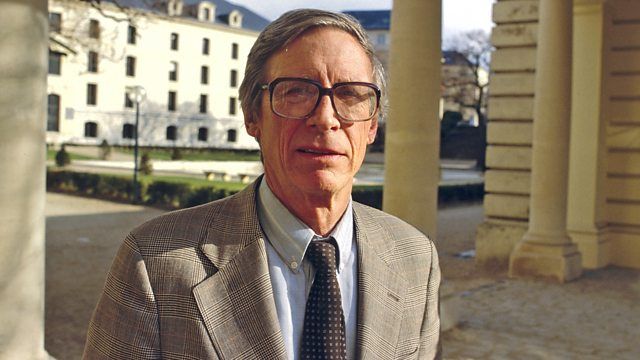
Result
After reading each of those Great Men ideas about justice, we can see that theories of justice are not often correspondent to each other for example is it really possible for a universal theory where all of us agree because of our rational feelings?
Isn't some different cultural and social practices regarding religions and so on playing some key roles In how justice is distributed?
A lot of our current efforts in thinking about justice looks at ways of defeating the problems posed by these two questions. There are so many problems in regards to how justice goes in the political life
For instance, someone's position in society can influence how he gets justice because of the many roles and interests in society and how their interests meet with that person's position, and there might be. And for example, it is possible that there are some jurists who will look at justice in a way that differs from religious leaders, who differ from law enforcement, who differ from labor, and so on.
So, What do YOU think justice is?

